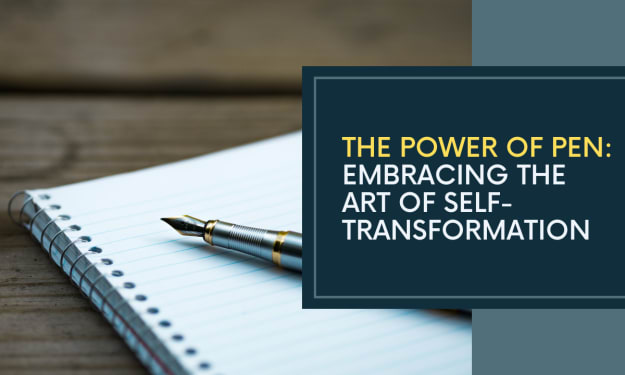Obesity can reduce brain reactions.
Obese people have drastically reduced brain reactions to specific nutrients, even after losing weight.

This is why you should click here for the best weight loss product.
Obese people generated less dopamine in areas of the brain critical for food intake incentive, according to the study, than their healthy-weight counterparts. Furthermore, when nutrients were infused into the stomach, these patients' brain activity decreased.
These findings point to long-term brain alterations in obesity that could influence eating behavior and weight management.
Important information:
Obese people had lower dopamine release in regions of the brain that govern the motivational elements of food consumption.
Obese people had much reduced brain activity in response to nutrition injection in the stomach.
Even after a 10% weight loss, the altered brain responses in obese people did not return to normal, suggesting that obesity-related brain adaptations persist.
University of Amsterdam is the source.
According to a study done by Amsterdam UMC and Yale University and published today in Nature Metabolism, brain responses to certain nutrients are reduced in obese people and do not recover following weight loss.
"Our findings suggest that long-term brain adaptations occur in obese individuals, which may affect eating behavior."When compared to persons with a healthy bodyweight, those with obesity generated less dopamine in a part of the brain critical for the motivational element of food intake. Dopamine is involved in the rewarding feelings associated with food intake. Obese participants also had lower brain activity responsivity when foods were infused into the stomach.
"Overall, these findings suggest that nutrient sensing in the stomach and gut, as well as nutritional signaling, is reduced in obesity, which may have profound implications for food intake." Mireille Serlie, Professor of Endocrinology at Amsterdam UMC, is the principal researcher.
The integration of complicated metabolic and neurological signals between the brain and multiple organs, including the stomach and nutritional signals in the blood, is required for food intake. This network is responsible for the sensations of hunger and satiation, as well as the urge to seek food.
While these mechanisms in animals are becoming increasingly better understood, notably in the context of metabolic illnesses such as obesity, far less is known about what happens in people. Partly owing to the difficulties of creating clinical experimental settings that may shed light on these pathways.
To address this information gap, Serlie, a Yale professor, and colleagues from both universities devised a controlled trial.
This study involved injecting certain foods directly into the stomachs of 30 people with normal weight and 30 people with obesity, while also evaluating brain activity with MRI and dopamine release using SPECT scans.
While subjects with a healthy BMI showed distinct patterns of brain activity and dopamine release following nutrition infusion, these responses were significantly reduced in obese persons.
Furthermore, a 10% body weight loss (after a 12-week diet) was insufficient to restore these brain responses in obese individuals, suggesting that long-term brain adaptations occur in the setting of obesity and persist even after weight loss is accomplished.
The fact that these brain responses are not restored following weight loss may explain why most people regain weight after initially successful weight loss.
About the Creator
Romario Boothe
I will keep you guys informed in ways to improve health.





Comments
There are no comments for this story
Be the first to respond and start the conversation.